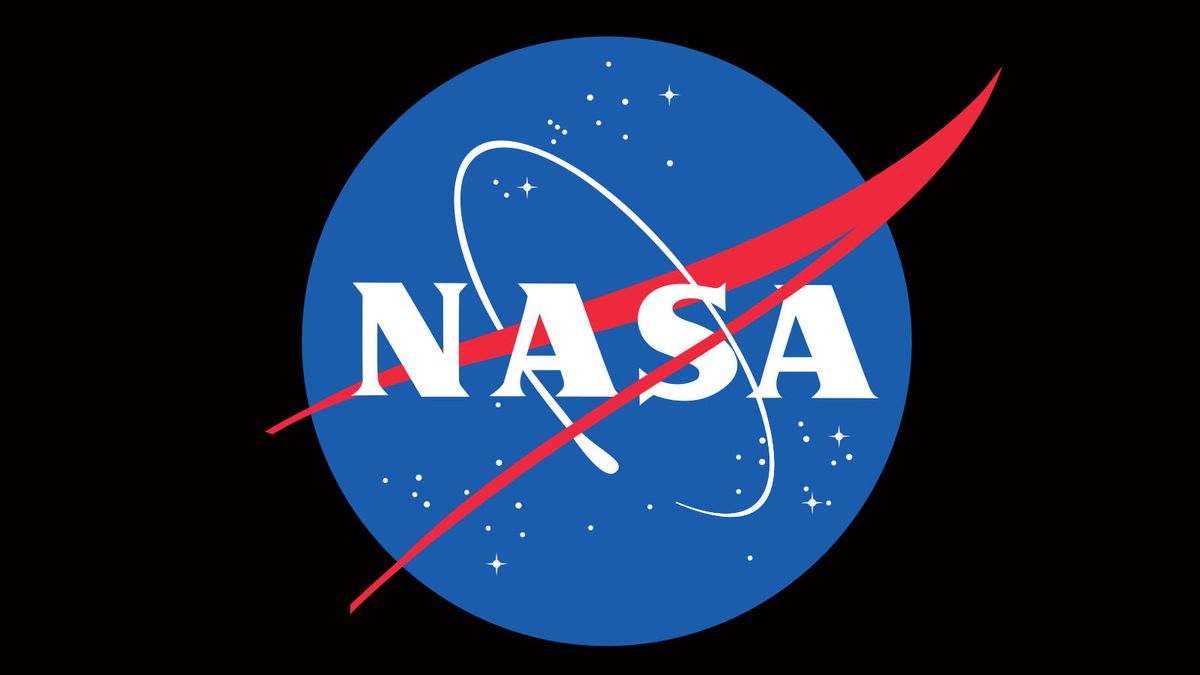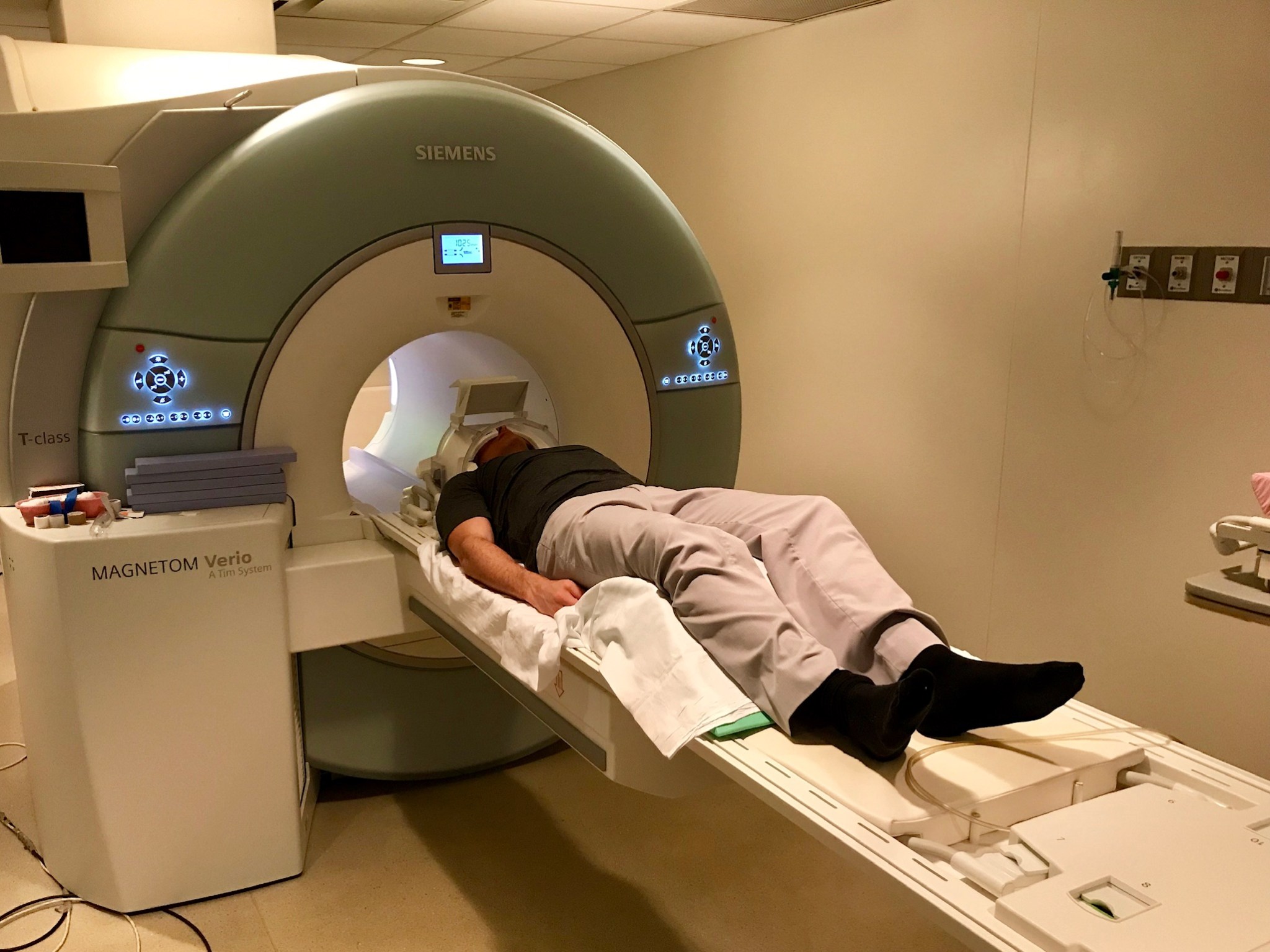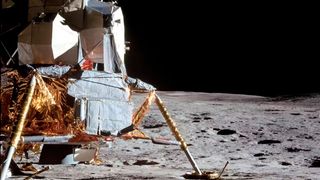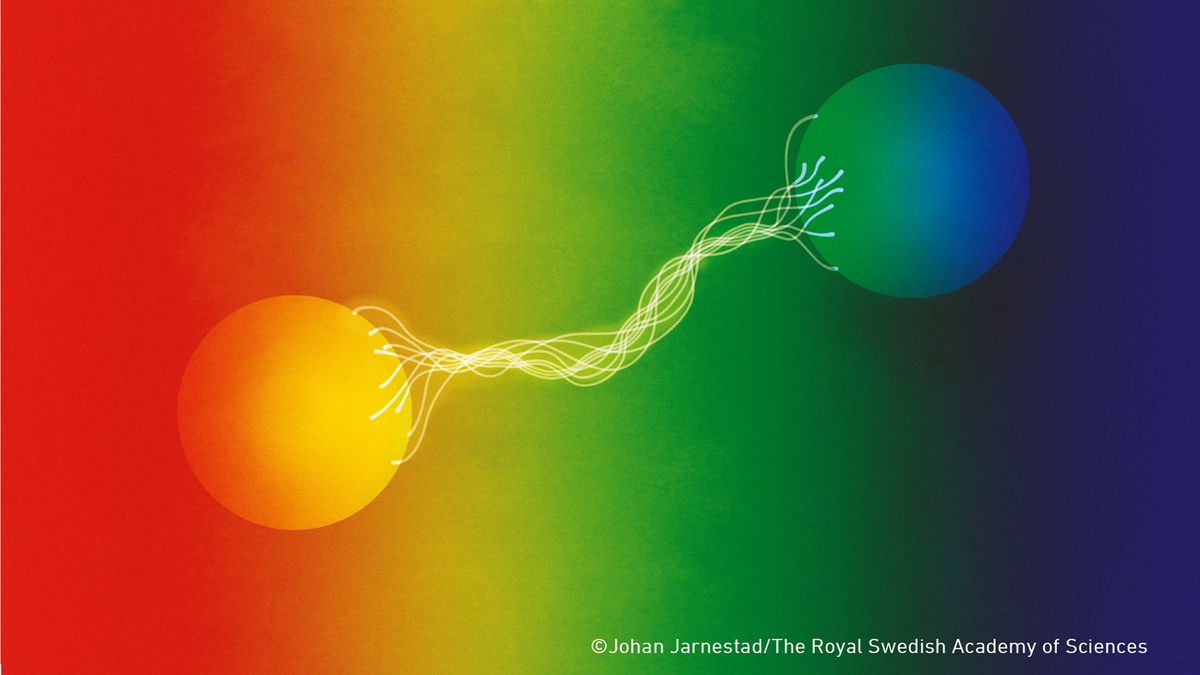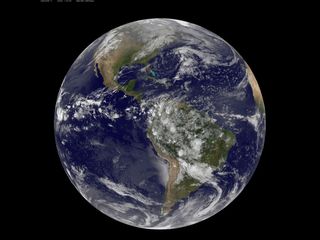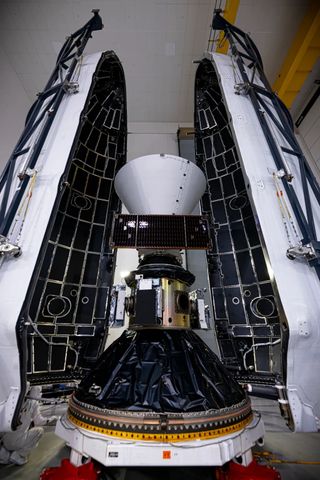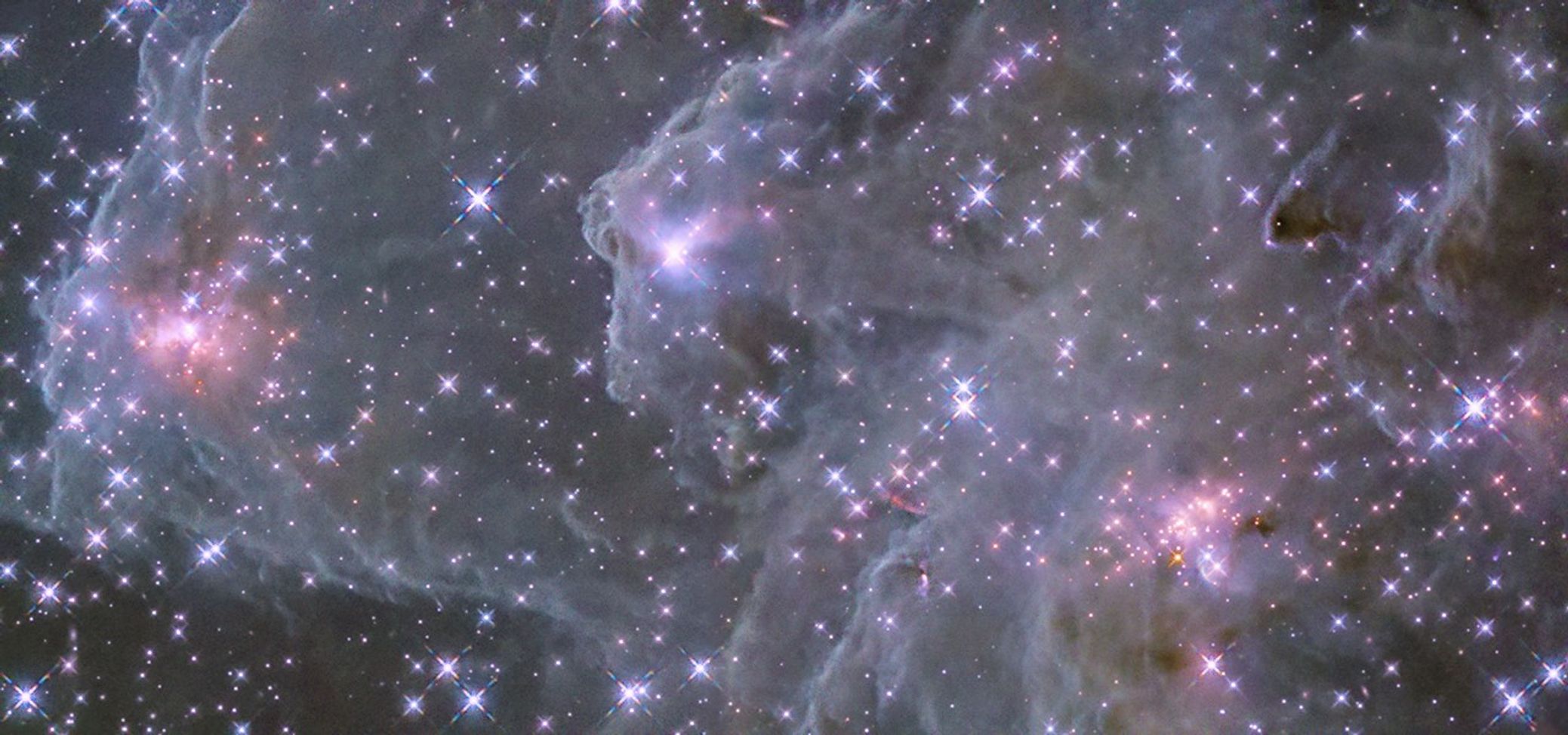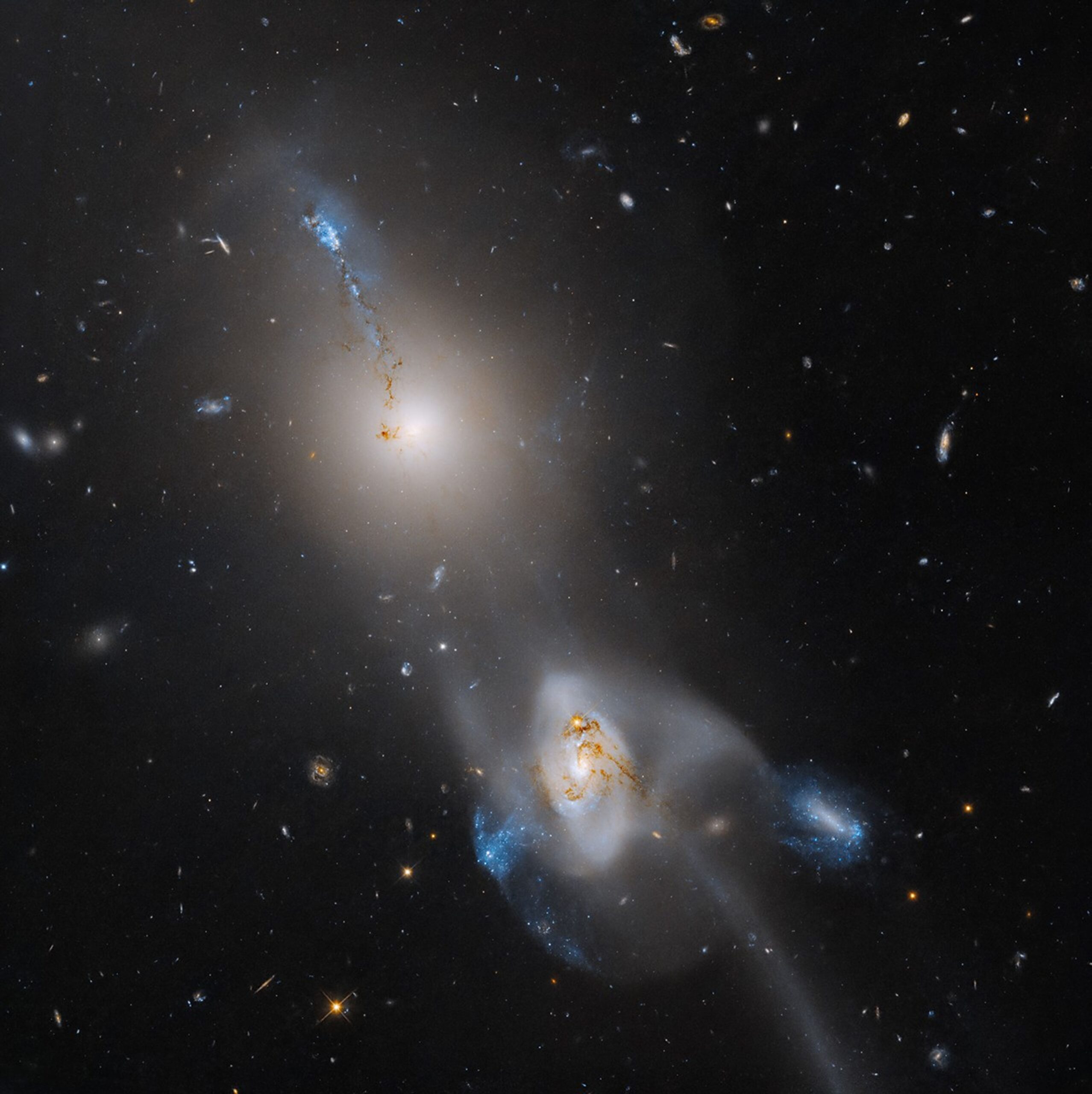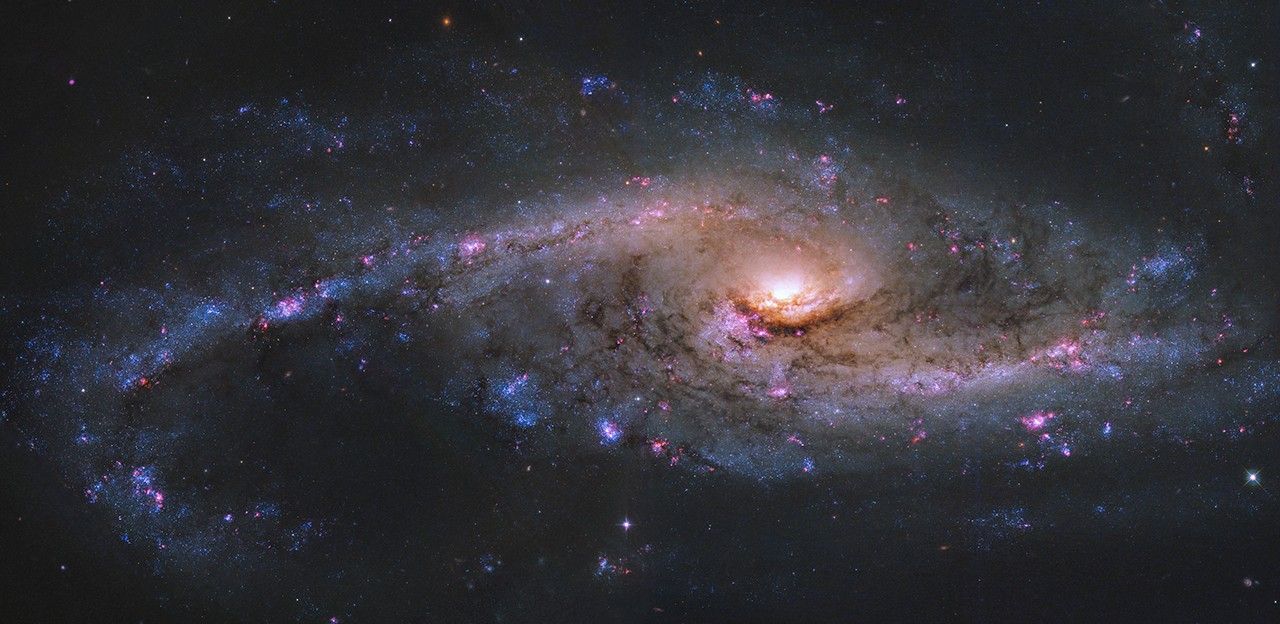NASA will close several offices and reduce its workforce to comply with an executive order from President Donald Trump. NASA‘s Office of Technology, Policy and Strategy will be shuttered, as will the Office of the Chief Scientist, and the Diversity, Equity, Inclusion (DEI) and Accessibility Branch of the Office of Diversity, Equity and Inclusion, the agency announced in an emailed statement today (March 10). “To optimize our workforce, and in compliance with an Executive Order, NASA is beginning its phased approach to a reduction in force, known as a RIF,”…
Read MoreAuthor: NeRD
NASA’s Dawn Sees Crescent Ceres
NASA’s Dawn spacecraft took this image of Ceres’ south polar region on May 17, 2017, from an altitude of about 26,400 miles (42,500 kilometers).
Read MoreStation Science Top News: March 7, 2025
Challenges to measuring space-induced brain changes CSA (Canadian Space Agency) astronaut David Saint-Jacques undergoes an MRI for Wayfinding. CSA Researchers found that an upward shift in the brain during spaceflight makes it hard to distinguish different types of tissue, causing errors in determining changes in brain volume. Previous studies have interpreted these changes as evidence of adaptation to space. This finding suggests that unique methods are needed to analyze astronaut brain structure. Wayfinding, a CSA (Canadian Space Agency) investigation, looked at how the brain adapts to space and readapts after…
Read MoreProperty and sovereignty in space: Countries and companies face potential clashes as they take to the stars
This article was originally published at The Conversation. The publication contributed the article to Space.com’s Expert Voices: Op-Ed & Insights. Wayne N White Jr consults with One Space Technologies Inc. He is a member and former Director of The National Space Society and an Associate Fellow of AIAA. Private citizens and companies may one day begin to permanently settle outer space and celestial bodies. But if we don’t enact governing laws in the meantime, space settlers may face legal chaos. Many wars on Earth start over territorial disputes. In order…
Read MoreScientists discover simpler way to achieve Einstein’s ‘spooky action at a distance’ thanks to AI breakthrough — bringing quantum internet closer to reality
Scientists have used AI to discover an easier method to form quantum entanglement between subatomic particles, paving the way for simpler quantum technologies. When particles such as photons become entangled, they can share quantum properties — including information — regardless of the distance between them. This phenomenon is important in quantum physics and is one of the features that makes quantum computers so powerful. But the bonds of quantum entanglement have typically proven challenging for scientists to form. This is because it requires the preparation of two separate entangled pairs,…
Read MoreIs there life out there? The existence of other technological species is highly likely
We live in a golden age for space exploration. Scientists are gathering massive amounts of new information and scientific evidence at a record pace. Yet the age-old question remains unanswered: are we alone? New telescope technologies, including space-based tools such as the James Webb Telescope, have enabled us to discover thousands of potentially habitable exoplanets that could support life similar to that on Earth. Gravitational wave detectors have opened a new avenue for space exploration by detecting space-time distortions caused by black holes and supernovae millions of light-years away. Commercial…
Read MoreHere’s the launch plan for NASA’s SPHEREx and PUNCH missions: ‘Liftoff is just the beginning’
After more than a week of delays, two new NASA missions have been cleared for liftoff tonight (March 8). The space agency’s SPHEREx and PUNCH missions, which are sharing a ride aboard the SpaceX Falcon 9 rocket, are scheduled to lift off no earlier than 10:09 p.m. EST (7:09 p.m. PST) tonight from Launch Complex 4E at Vandenberg Space Force Base in California. The launch, postponed six times over the past week due to technical issues and bad weather, was given the greenlight after a successful launch readiness review on…
Read MoreHubble Unveils a Glittering View of Sh2-284
Explore Hubble Hubble Home Overview About Hubble The History of Hubble Hubble Timeline Why Have a Telescope in Space? Hubble by the Numbers At the Museum FAQs Impact & Benefits Hubble’s Impact & Benefits Science Impacts Cultural Impact Technology Benefits Impact on Human Spaceflight Astro Community Impacts Science Hubble Science Science Themes Science Highlights Science Behind Discoveries Hubble’s Partners in Science Universe Uncovered Explore the Night Sky Observatory Hubble Observatory Hubble Design Mission Operations Missions to Hubble Hubble vs Webb Team Hubble Team Career Aspirations Hubble Astronauts News Hubble News…
Read MoreHubble Jams With A Cosmic Guitar
Explore Hubble Hubble Home Overview About Hubble The History of Hubble Hubble Timeline Why Have a Telescope in Space? Hubble by the Numbers At the Museum FAQs Impact & Benefits Hubble’s Impact & Benefits Science Impacts Cultural Impact Technology Benefits Impact on Human Spaceflight Astro Community Impacts Science Hubble Science Science Themes Science Highlights Science Behind Discoveries Hubble’s Partners in Science Universe Uncovered Explore the Night Sky Observatory Hubble Observatory Hubble Design Mission Operations Missions to Hubble Hubble vs Webb Team Hubble Team Career Aspirations Hubble Astronauts News Hubble News…
Read MoreHubble Spies a Spectacular Starburst Galaxy
Explore Hubble Hubble Home Overview About Hubble The History of Hubble Hubble Timeline Why Have a Telescope in Space? Hubble by the Numbers At the Museum FAQs Impact & Benefits Hubble’s Impact & Benefits Science Impacts Cultural Impact Technology Benefits Impact on Human Spaceflight Astro Community Impacts Science Hubble Science Science Themes Science Highlights Science Behind Discoveries Hubble’s Partners in Science Universe Uncovered Explore the Night Sky Observatory Hubble Observatory Hubble Design Mission Operations Missions to Hubble Hubble vs Webb Team Hubble Team Career Aspirations Hubble Astronauts News Hubble News…
Read More